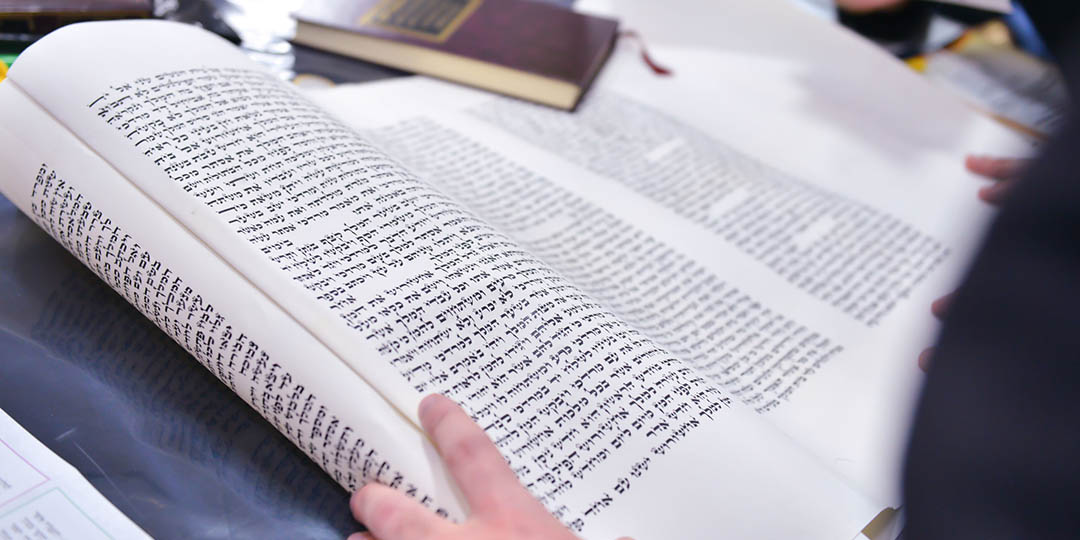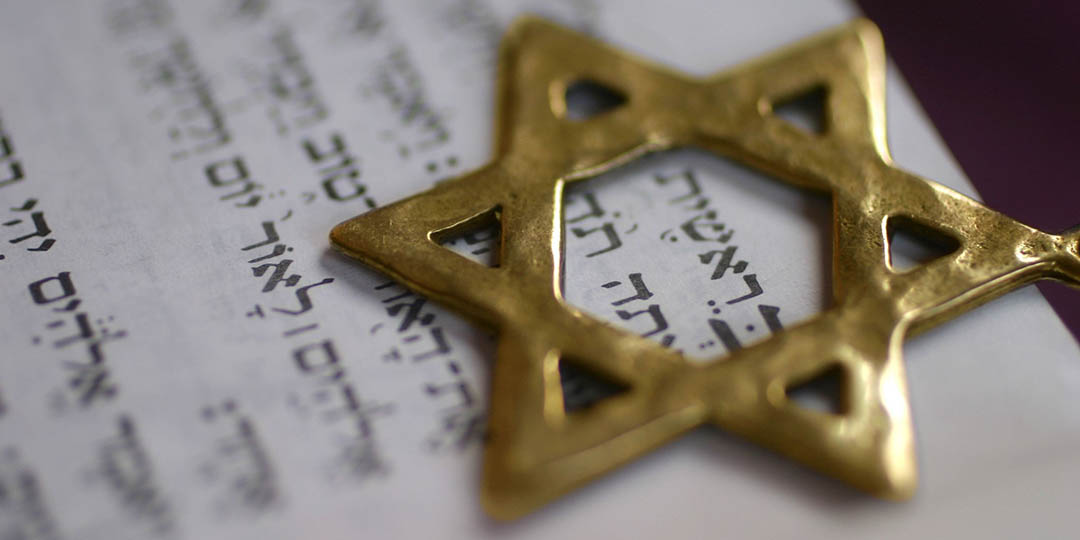
12 Hebrew Words With No Direct Translation
Every language has words that resist direct translation into English. They often carry layers of meaning, emotion, and culture that make them unique. Hebrew, with its deep Biblical roots and vibrant modern slang, is full of such expressions. Some are poetic, others humorous, and many capture everyday Israeli life in ways English simply cannot.
If you are studying Hebrew or considering a Hebrew Course Online,, these words and phrases are worth knowing. They reveal not just how Israelis speak, but also how they think, connect, and express themselves.
Here are 12 advanced Hebrew words and phrases you will hear often in Israel and why they matter.
Quick List of Words
-
Chaval al hazman
-
Koev li halev
-
Neshama
-
Sof ha’olam smolah
-
La’asot chaim
-
Sof ha’derech
-
Kapara alecha
-
Yalla
-
Dugri
-
Balagan
-
Sababa
-
Tachles
1. Chaval al hazman
Literal meaning: “Shame about the time.”
Cultural meaning: A popular phrase used to describe something absolutely amazing or worth your time.
Example: Ha’mesiba hayta chaval al hazman! (The party was incredible!)
Closest English equivalent: “It was epic.”
Extra note: Israelis often shorten it to chavlaz.
2. Koev li halev
Literal meaning: “My heart hurts.”
Cultural meaning: Used to express deep empathy for someone’s pain or situation.
Example: Koev li halev al ma she’avar alav. (My heart hurts for what he went through.)
Closest English equivalent: “My heart aches for you.”
3. Neshama
Literal meaning: “Soul.”
Cultural meaning: A tender word often used like “sweetie” or “darling.” When said as neshama sheli it means “my soul” and expresses deep affection.
Example: Boker tov, neshama sheli. (Good morning, my soul.)
Closest English equivalent: “Sweetheart.”
4. Sof ha’olam smolah
Literal meaning: “The end of the world, to the left.”
Cultural meaning: Refers to a place that feels impossibly far away or difficult to reach.
Example: Eifo ha’mesiba? – Sof ha’olam smolah. (Where’s the party? In the middle of nowhere.)
Closest English equivalent: “The middle of nowhere.”
5. La’asot chaim
Literal meaning: “To make life.”
Cultural meaning: An encouraging phrase used when someone is about to do something exciting, travel, or enjoy themselves.
Example: Tisah le’italia u’la’asot chaim! (Go to Italy and enjoy life!)
Closest English equivalent: “Live it up.”
6. Sof ha’derech
Literal meaning: “End of the road.”
Cultural meaning: Used when something is so extraordinary that words cannot capture it.
Example: Ha’musica hayta sof ha’derech. (The music was beyond amazing.)
Closest English equivalent: “Unbelievable” or “beyond words.”
 7. Kapara alecha
7. Kapara alecha
Literal meaning: “Atonement over you.”
Cultural meaning: Originating from a Yom Kippur ritual, today it is a warm slang term used affectionately, similar to “darling” or “sweetheart.”
Example: Kapara alecha, toda al ha’ezra. (Sweetheart, thank you for your help.)
Closest English equivalent: “Sweetie” or “love.”
8. Yalla
Origin: Borrowed from Arabic.
Cultural meaning: A versatile slang word meaning “let’s go.” It can also signal the end of a conversation or be used as verbal punctuation.
Example: Yalla, bo nisa. (Let’s go, let’s leave.)
Closest English equivalent: “Come on” or “let’s roll.”
9. Dugri
Origin: From Arabic.
Cultural meaning: Describes speaking directly and honestly without beating around the bush. Israelis are famously straightforward, and dugri captures that value.
Example: Ani omer lach dugri, ze lo yatzliach. (I’ll tell you straight, it won’t work.)
Closest English equivalent: “Straight to the point.”
10. Balagan
Origin: From Persian/Turkish, popularized through Yiddish.
Cultural meaning: A state of mess, chaos, or confusion. It can be lighthearted or serious depending on the context.
Example: Ha’beit balagan achar ha’mesiba. (The house was a mess after the party.)
Closest English equivalent: “Total chaos.”
11. Sababa
Origin: From Arabic slang.
Cultural meaning: A casual, cheerful way to say “all good,” “cool,” or “no problem.”
Example: Nifgash machar? – Sababa. (Want to meet tomorrow? – Cool.)
Closest English equivalent: “Awesome.”
12. Tachles
Origin: From Yiddish/Arabic.
Cultural meaning: Refers to getting to the practical point, the essence of the matter, or being real.
Example: Tachles, ma ata rotzeh? (Bottom line, what do you want?)
Closest English equivalent: “Bottom line.”
Why These Words Matter
These expressions are more than vocabulary. They reflect Israeli culture: the warmth of relationships, the humor in everyday life, and the value placed on directness and joy. English may not have perfect equivalents, but once you start using them, you will feel how naturally they fit into daily life in Israel.
Learn Hebrew Online with LanguageBird
Mastering Hebrew goes beyond textbooks. To truly understand the culture and use expressions like chaval al hazman, balagan, or tachles naturally, you need guidance from native-level instructors.
At LanguageBird, we offer accredited online Hebrew classes that blend language, culture, and real conversation. Learn how Israelis truly speak and gain the confidence to use these untranslatable words in everyday life.
Ready to start your Hebrew journey? Contact LanguageBird today and begin learning Hebrew online with expert instructors.
FAQs About Hebrew Words Without Translation
What is the hardest Hebrew word to translate?
Many learners find chaval al hazman challenging because its literal meaning has nothing to do with how it is actually used.
What does Yalla mean in Hebrew?
Although borrowed from Arabic, Israelis use yalla daily to mean “let’s go” or simply to move things along.
How do Israelis use Kapara Alecha?
It is an affectionate phrase that shows warmth, similar to calling someone “sweetie.”
What does Balagan mean?
It can mean a messy room, a confusing situation, or even political chaos. It is one of the most common Israeli slang words.



